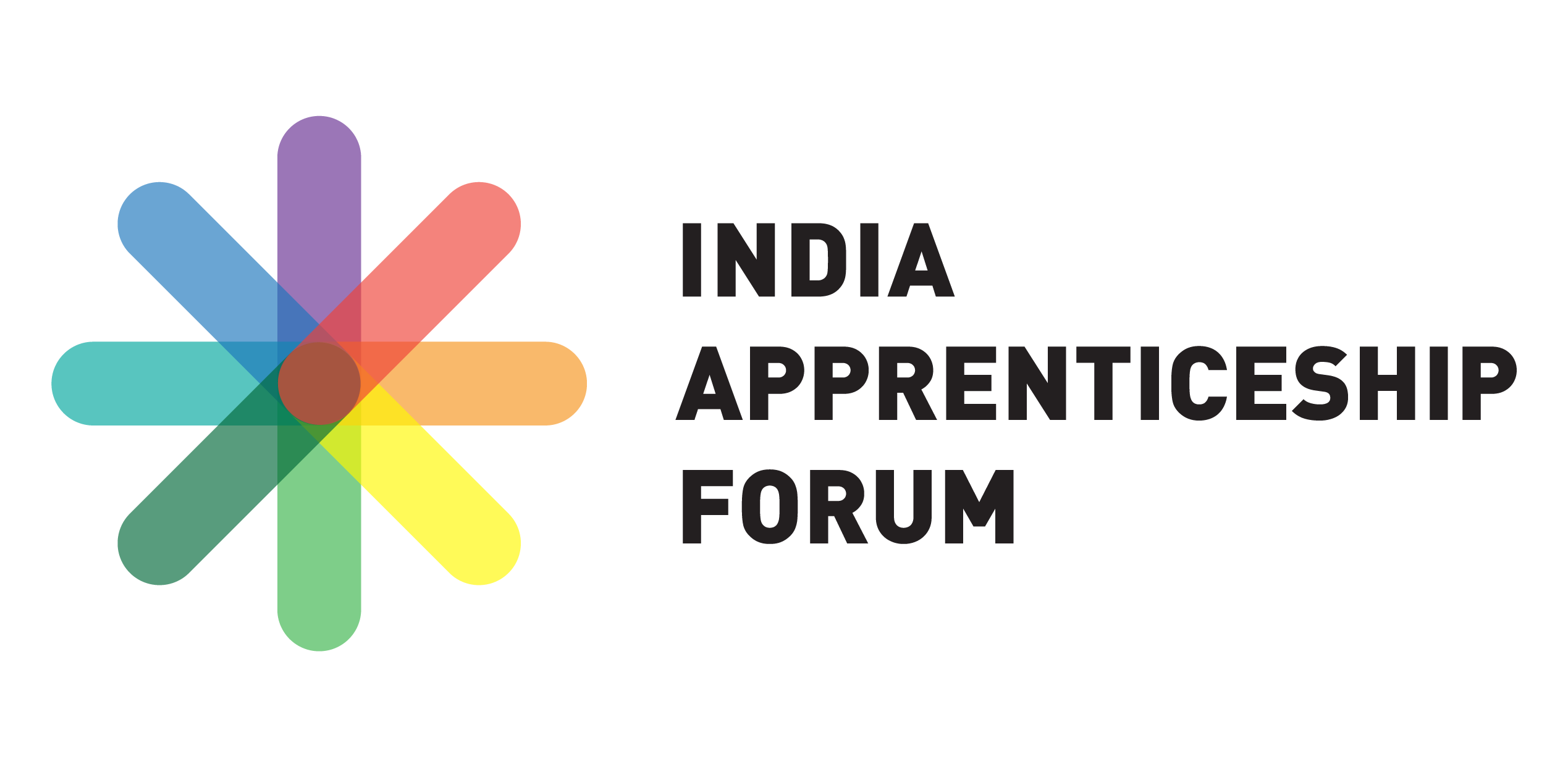In this concluding section of our two-part article, we continue our coverage of key recent developments from the skills space. Read our education focused article in Part I.
Breaking Development – Fresh reforms to boost apprenticeships for SMEs have been announced by Cabinet Minister for Skill Development and Entrepreneurship, Mahendra Nath Pandey. Read here.
Skills training has never been more crucial for a work-ready workforce in India. The Ministry of Skill Development and Entrepreneurship (MSDE) highlighted in its 2017 Annual Report that 127 million individuals will need skilling between 2017-2022 across 34 sectors/sub-sectors.
According to the latest Union Budget estimates, Rs 2,989 crores have been allocated to the MSDE for 2019-20. This is down from Rs 3,400 crores in 2018-19, and from ₹3,016 crores in 2017-2018. However, it is not suggestive of relegation of skills development in priority but of failures in execution- a perennial problem in India. Figures show that 77% of the MSDE’s budget for skills development is lying idle.
Looking Back to Look Forward
We bring to you new steps being taken to ameliorate the bottlenecks in skills training and development.
Cabinet on Employment and Skill Development
Indicative of a clear acknowledgement of the dire jobs and skills crisis challenging the nation, a new Cabinet on Employment and Skill Development was recently announced, headed by none other than the Prime Minister himself. This is a decisive move in making skilling and job creation a high priority area for the new government. The committee has 10 members including Ministers in-charge of Human Resource Development, Skill development & Entrepreneurship, Labour & Employment. Other members include Ministers heading labour-intensive sectors such as agriculture, MSMEs, tourism, textile and civil aviation.
We believe this is indeed a strong signal in driving skills-based employment generation. It is especially interesting to note the inclusion of MSMEs in the committee. MSMEs are the largest provider of employment in the country, second only to agriculture, employing over 111 million people. The MSME sector is pivotal in developing a skilled workforce especially from the informal to the organised sector.
A New Skills Regulator
In October last year, the National Council for Vocational Education and Training (NCVET) took over from the National Council for Vocational Training and the National Skills Development Agency. The move was to inject fresh life into a hitherto lackluster regulation of skills training which among other issues led to an unchecked growth of skilling institutes across the country. The NCVET is currently on the look-out for a Chairman and other board members to guide the process of raising the profile of vocational skills training through better regulation and standardisation of training courses, infrastructure development, assessment and certification of skills. It is hoped that the re-energised focus on these critical areas will improve the match between skills training and industry demand.
Mega Apprenticeship Programme for Undergraduates
To give students in low employability disciplines a leg up, plans for a ‘mega’ apprenticeship programme are reportedly underway to cover one million students in 2019-2020. Aimed at students in non-technical courses, in both private and government higher education institutes, the plan is to offer a stipend-incentivised 6-10 months on-the-job apprenticeship experience with industry within the final year of degree programmes.
The intent behind this laudable step to make youth work-ready is serious with three major ministries — Human Resource Development, Labour and Skill development at the helm. Sector Skill Councils, PSUs and industry players will all have a key role in ensuring students receive quality apprenticeship training. The ‘integrated apprenticeship programme’ offered as an end-of-year experience is envisaged to boost employability of non-technical degree holders who make up a major chunk of graduates without jobs.
Also read Skilling and Apprenticeships Should Take Centre Stage in Union Budget 2019
B.Voc Focus
A key focus area of the mega apprenticeship scheme will be to rejig the Bachelor of Vocation (B.Voc) degree programmes introduced in 2014, by including an apprenticeship module in the curricula. There are around 200 colleges across the country that offer a three-year B.Voc. In theory, the B.Voc curricula is work oriented with close industry participation to make graduates job-ready immediately on completion of the degree programme. Again conceptually, the B.Voc framework offers flexibility with multiple entry and exit points picking up transferable credit points along the way.
However, fast-forward five years since the launch of the B.Vocs and nearly 40% of seats for the programme have no takers. Lack of awareness and interest are the main causes for the low success rate with nearly 30 institutes either pulling the B.Voc course from their list or with just skeleton full-time staff to teach the programme.
This is extremely disheartening given that B.Voc as an idea has all the right ingredients to boost youth employability. With employers increasingly seeking skills over degrees, and youth in great need of an agile education system, the B.Voc route provides both. Integrating B.Voc with mainstream education and drumming up awareness will go a long way in giving B.Voc programmes the attention they deserve.
Looking Forward
We are enthused by the new tailwinds in the vocational skills landscape in India with a promise of sea changes to better equip our youth with the skills they desperately need. By all accounts there are several opportunities knocking which we hope will sow the seeds of lasting solutions for sustainable skills development in the country.














